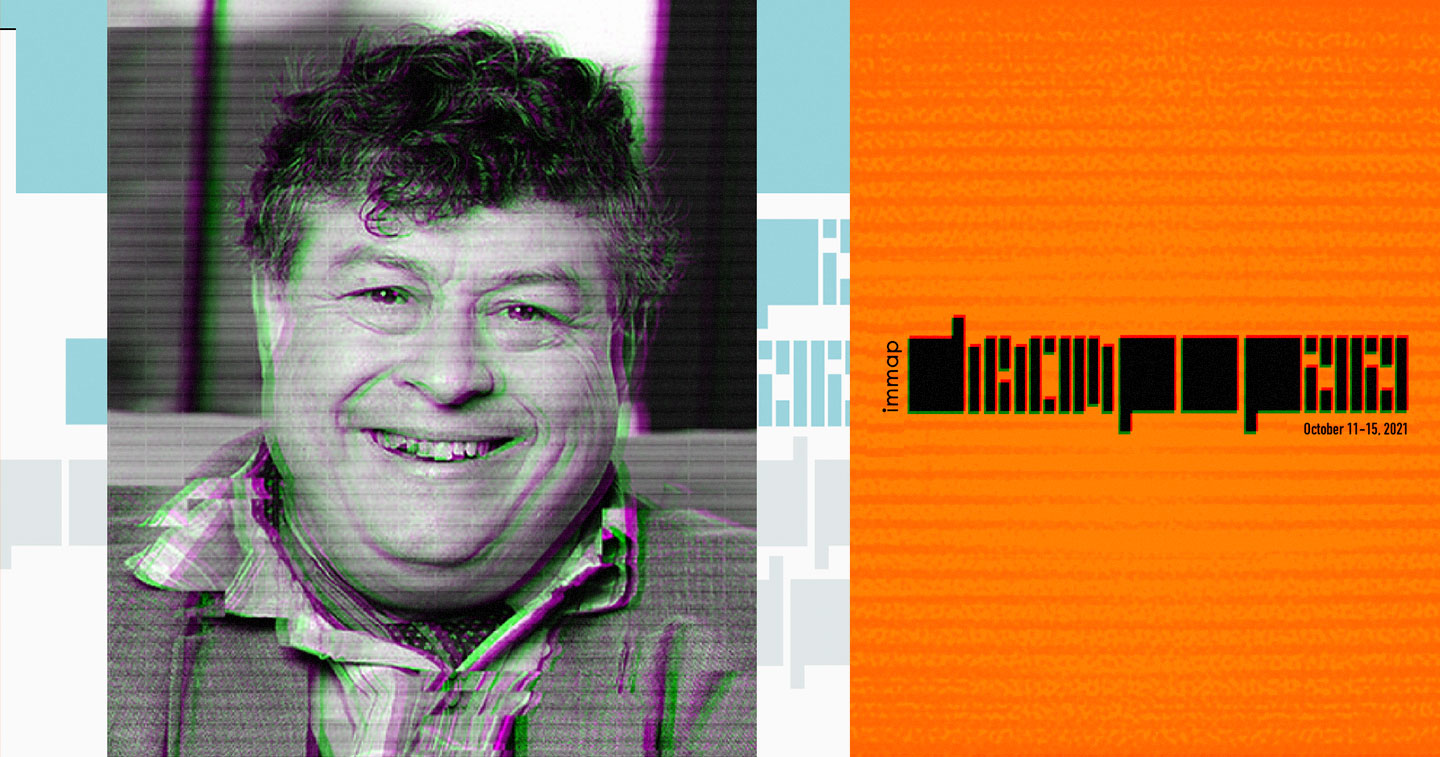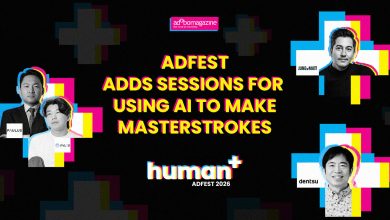MANILA, PHILIPPINES — Ogilvy UK Vice Chairman and Founder of the Ogilvy Behavioral Science practice Rory Sutherland is set to speak on “BS” (that’s Behavioral Science) at this year’s IMMAP DigiCon 2021, themed “Digital is the New Pop,” which will be held virtually from October 11-15, 2021. (Register today at https://www.digicon.com.ph/)
Ogilvy’s Behavioral Science Practice creatively applies the insights of contemporary behavioral science to diagnose, create and validate ‘Unseen Opportunities’ and to create a giant impact. Be it tasked with improving the security of Europe’s busiest airports, changing how people interact with the world’s most popular social media, or leading sustainability projects across the globe, their work spans product design, experience design, organizational change, and behavior change communications.
“One of the most interesting developments of the last year is that, suddenly, every business question is a behavioral question. There has never been a moment where marketing insight and creativity has been more needed in business and government. In times of stability, businesses tend to take human behaviour as a given and focus on the more deterministic, operational questions posed by the balance sheet. Now, unless you can answer the human questions first, every other question is theoretical,” said Sutherland.
Held annually by the Internet and Mobile Marketing Association of the Philippines, IMMAP DigiCon is a widely anticipated digital marketing and transformation conference that has historically attracted many forward thinking minds in digital marketing.
Ogilvy Consulting – the global growth and innovation arm of Ogilvy – recently announced the expansion of the Company’s Behavioural Science practice in Asia with the appointment of Paolo Mercado as Vice President.
For more information, visit Ogilvy.com, and follow us on LinkedIn, Twitter, Instagram, and Facebook.









